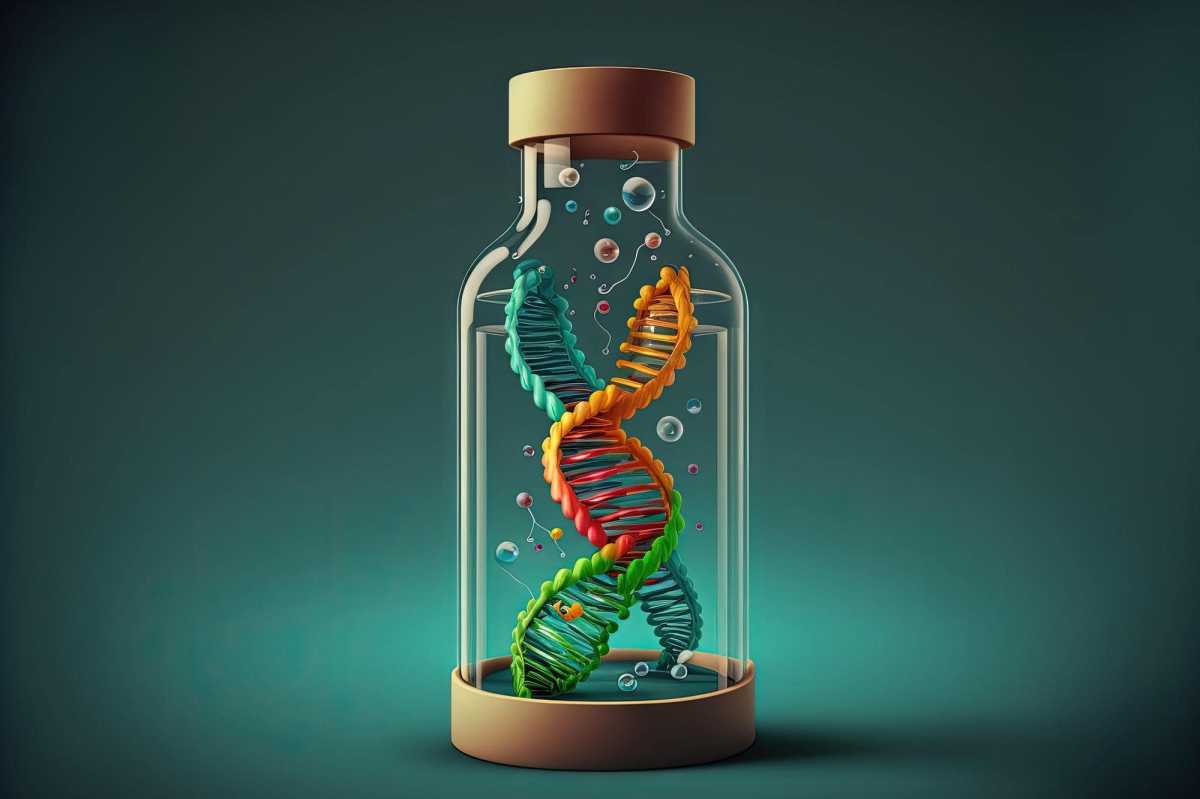Features
Understanding Biotechnology Innovations In Medicine

Biotechnology has revolutionized the field of medicine in numerous ways, contributing to advancements in diagnosis, treatment, and prevention of diseases. Through the application of biological processes and organisms, scientists and researchers have been able to develop innovative techniques and therapies that were previously unimaginable. In this article, we will explore some of the most important biotechnology innovations in medicine and understand how they are revolutionizing healthcare.
1. Genomic Medicine
The Human Genome Project, completed in 2003, marked a significant milestone in biotechnology. It involved mapping the entire sequence of human DNA and led to the discovery of numerous genes associated with diseases. Genomic medicine utilizes this information to understand the genetic basis of diseases and develop personalized treatment plans. It enables scientists to identify genetic mutations, understand disease susceptibility, and tailor therapies to an individual’s genetic profile. This field has revolutionized cancer treatment, inherited genetic disorders, pharmacogenomics, and more.
2. Gene Therapy
Gene therapy is a promising biotechnological approach that aims to treat diseases by introducing or modifying genetic material in a patient’s cells. This technique holds tremendous potential for treating genetic and acquired disorders that were previously untreatable. By delivering therapeutic genes into targeted cells, scientists can replace faulty genes, enhance the function of existing genes, or introduce new genes to eliminate disease-causing elements. Gene therapy has been successful in treating diseases like hemophilia, certain types of cancer, and inherited immune deficiencies, offering hope for future treatments.
3. Stem Cell Therapy
Stem cells are undifferentiated cells capable of self-renewal and differentiation into various cell types. Biotechnology has enabled scientists to harness the potential of stem cells for therapeutic purposes. Stem cell therapy involves using these cells to repair or replace damaged tissues and organs. It has shown promise in treating conditions such as spinal cord injuries, Parkinson’s disease, heart disease, and diabetes. By growing specific tissues in the laboratory and transplanting them into patients, scientists are striving to regenerate damaged organs and improve the quality of life for countless individuals.
4. Nanomedicine
Nanotechnology in medicine, known as nanomedicine, has revolutionized drug delivery and diagnostics. Nanoparticles, with a size range of 1-100 nanometers, are designed to carry drugs or diagnostic agents to specific targets in the body. These particles can improve drug efficacy, reduce side effects, and enable targeted delivery to diseased cells. They can also be used for imaging, allowing for early disease detection and monitoring treatment response. Nanomedicine has the potential to transform cancer treatment, infectious disease management, and regenerative medicine.
5. Synthetic Biology
Synthetic biology combines biology and engineering principles to create new biological systems or redesign existing ones. This field has immense potential in medicine, with applications ranging from drug production to biomaterials and biofuels. In medicine, synthetic biology can be used to engineer microbes that produce therapeutic proteins or to design customized microbes that target specific diseases. It offers the possibility of developing novel therapies, vaccines, and diagnostic tools, providing new avenues for improving patient outcomes.
Conclusion
Biotechnology brings incredible promise and transformative potential to the field of medicine. From genomics to gene therapy, stem cell therapy to nanomedicine, and synthetic biology, these innovations are enabling researchers and clinicians to tackle diseases at their genetic roots, develop personalized treatments, and revolutionize healthcare. As biotechnology continues to advance, it holds the promise of overcoming some of the greatest challenges in medicine and paving the way for a healthier future.










